Millions of Americans could receive much-needed financial relief this tax season in the form of waived penalties from the IRS.
IRS Plan to Provide Relief for Taxpayers

The IRS recently announced a plan to waive $1 billion in penalties for people and businesses who still owe back taxes from 2020 and 2021. The waiver will apply to almost 5 million taxpayers and will include tax-exempt organizations.
COVID-19 Pandemic at Core of Decision

While the COVID-19 pandemic raged, the IRS put a hold on the automatic past due reminders that typically go out. As a result, they’ve decided to opt for forgiveness on the fees that have racked up in the accounts of millions of taxpayers.
IRS “Taking Several Steps” to Help With Unpaid Bills

“Given this unusual situation, the IRS is taking several steps in advance of resuming normal collection notices for tax years 2020 and 2021 to help taxpayers with unpaid tax bills, including some people who have not received a notice from the IRS in more than a year,” the IRS said in a statement last year.
Notices Suspended During Pandemic

“On February 9, 2022, the IRS announced…the temporary suspension of the mailing of certain automated reminder notices. The IRS did not suspend the mailing of initial balance due notice,” reads a notice from the IRS.
Penalties Accrued Without Notice
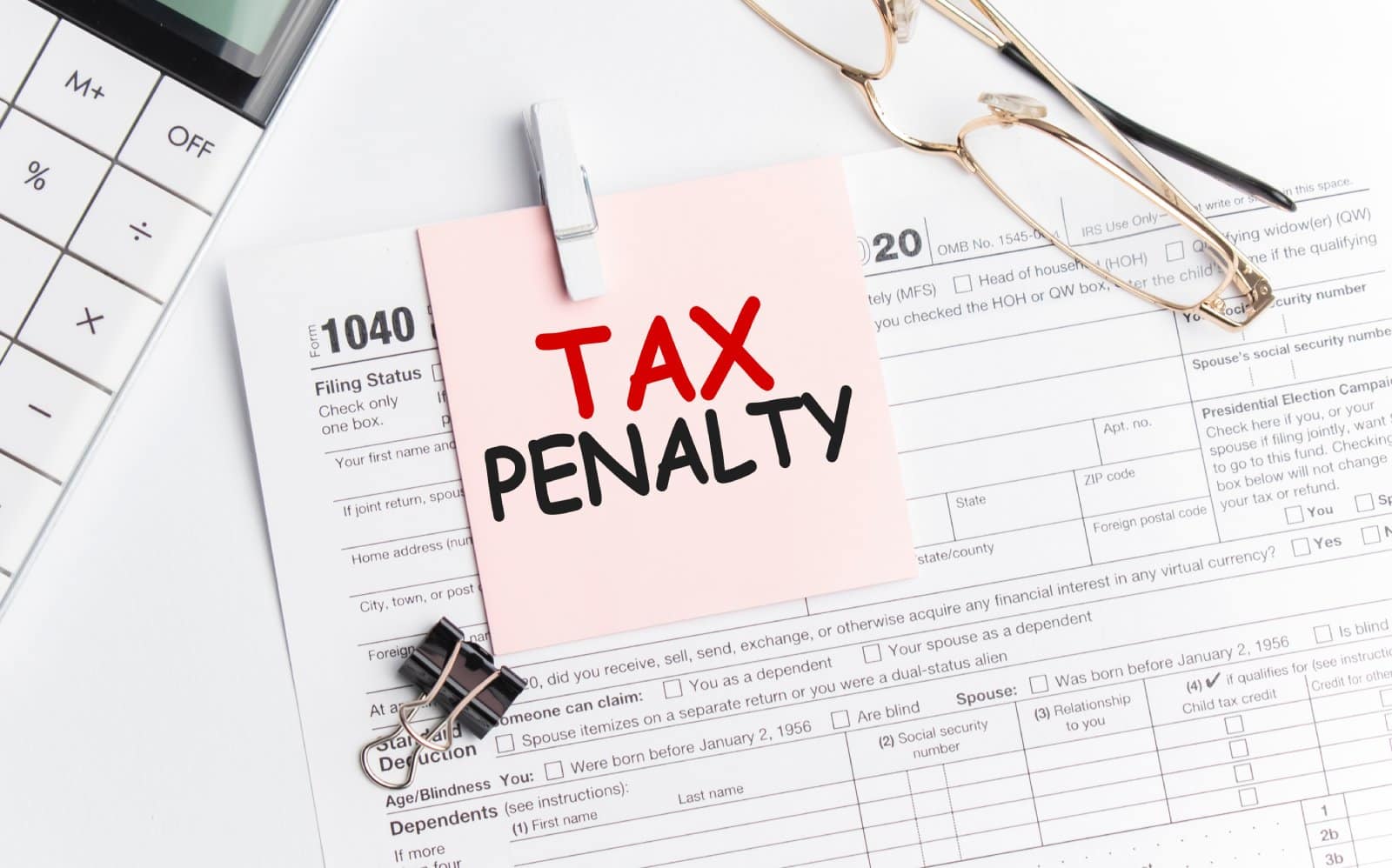
“The additions to tax for the failure to pay taxes owed…continued to accrue for taxpayers who did not fully pay their balance due,” it continued.
Overdue Notices to Resume
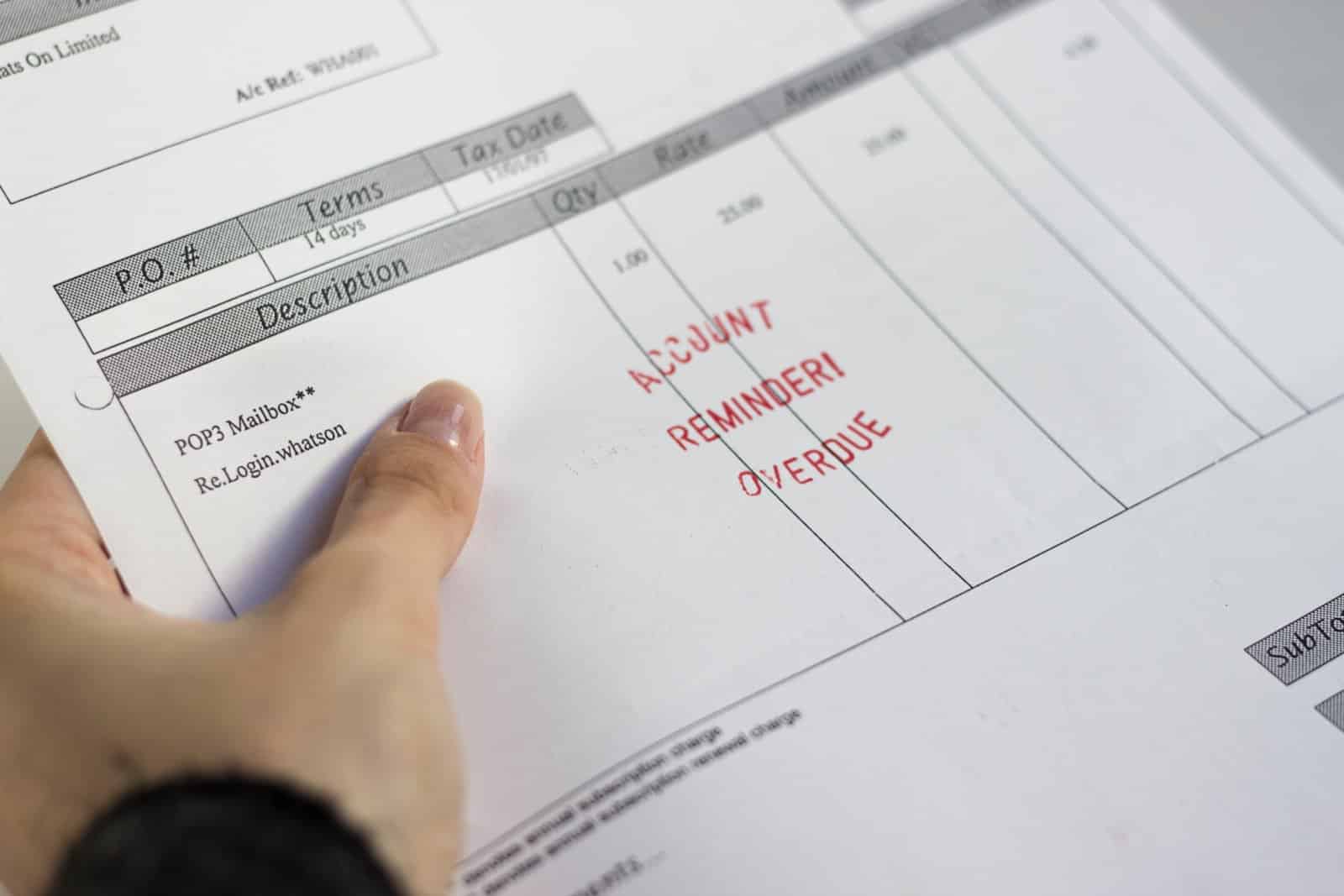
“The IRS will fully resume issuing automated reminder notices in calendar year 2024 for balances due for taxable years 2021 and earlier, thereby resuming the normal notice process for these taxable years,” the notice said.
Relief Comes in Form of One-Time Waiver

The agency released a statement explaining their decision and reasoning in December, clarifying that the move is an attempt at providing relief on a one-time basis to folks who may still be reeling in the aftermath of the pandemic.
Reminders Ceased Because of “Unprecedented Effects” of Pandemic
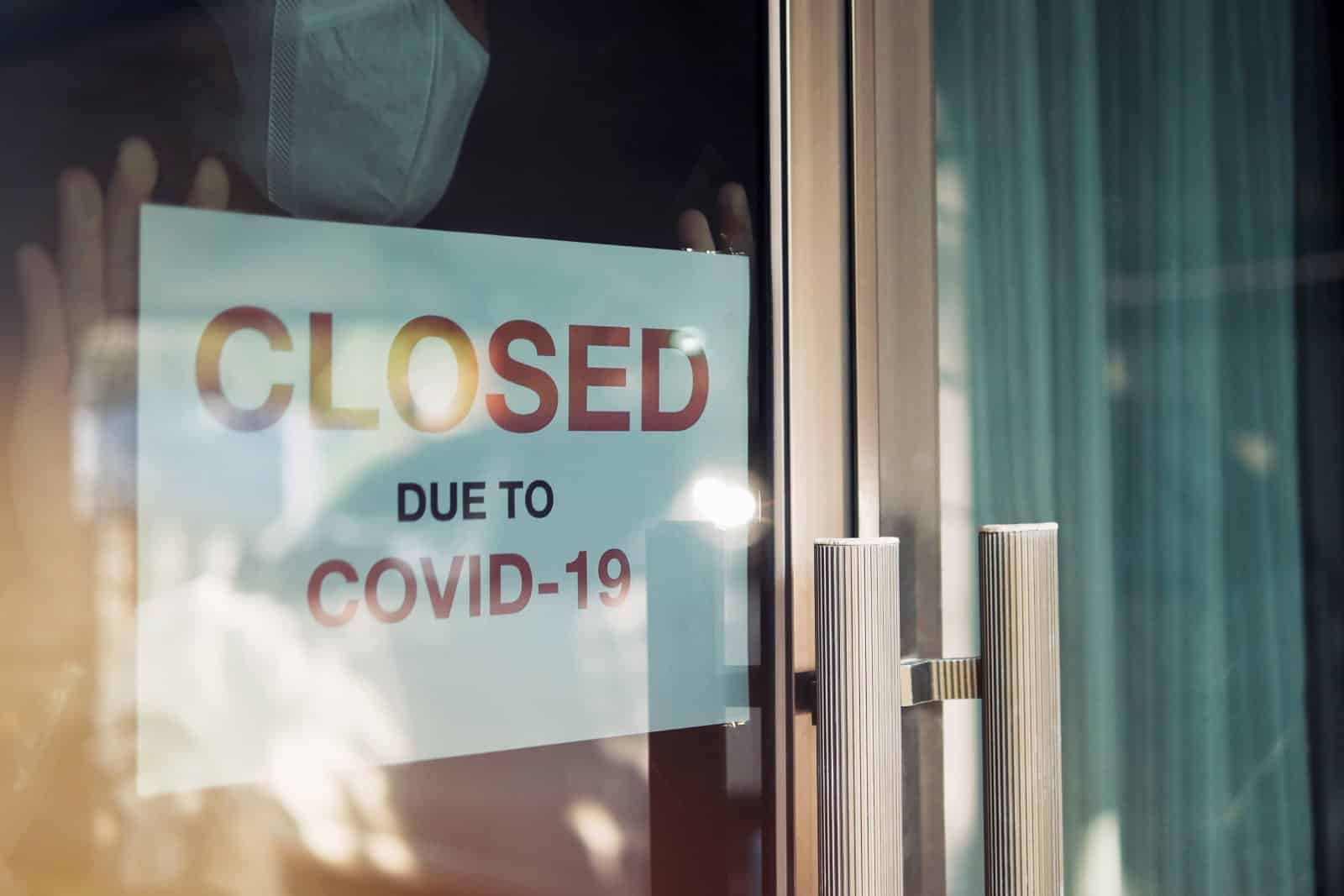
“Due to the unprecedented effects of the COVID-19 pandemic, these reminders would have normally been issued as a follow up after the initial notice,” the statement read.
IRS Provides Details on Accruing Fees

“Although these reminder notices were suspended, the failure-to-pay penalty continues to accrue for taxpayers who did not fully pay their bills in response to the initial balance due notice.”
Accounts to Automatically Reflect Relief
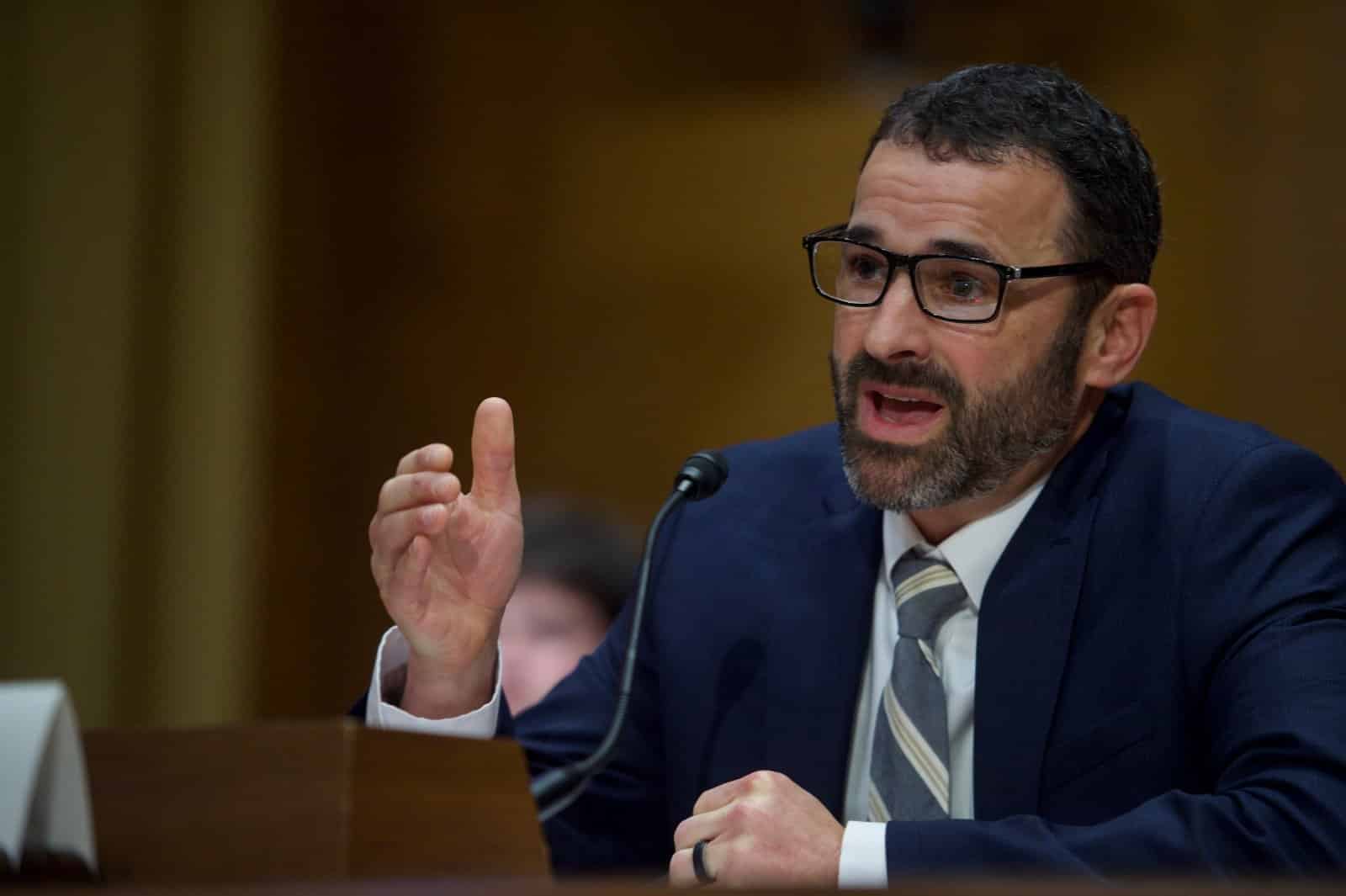
Calling the pandemic “an extraordinary time,” Daniel Wefel, IRS Commissioner, told the press that taxpayers would not need to do anything to receive the relief. Most accounts will automatically be updated.
Eligibility Requirements

The relief will automatically apply to taxpayers who owe under a hundred thousand dollars each year for 2020 and 2021, were first notified between February 5, 2022 and December 7, 2023, and filed an IRS Form 1040, 1041, 990-T, or 1120.
Refunds Available for Those Who Paid On Time
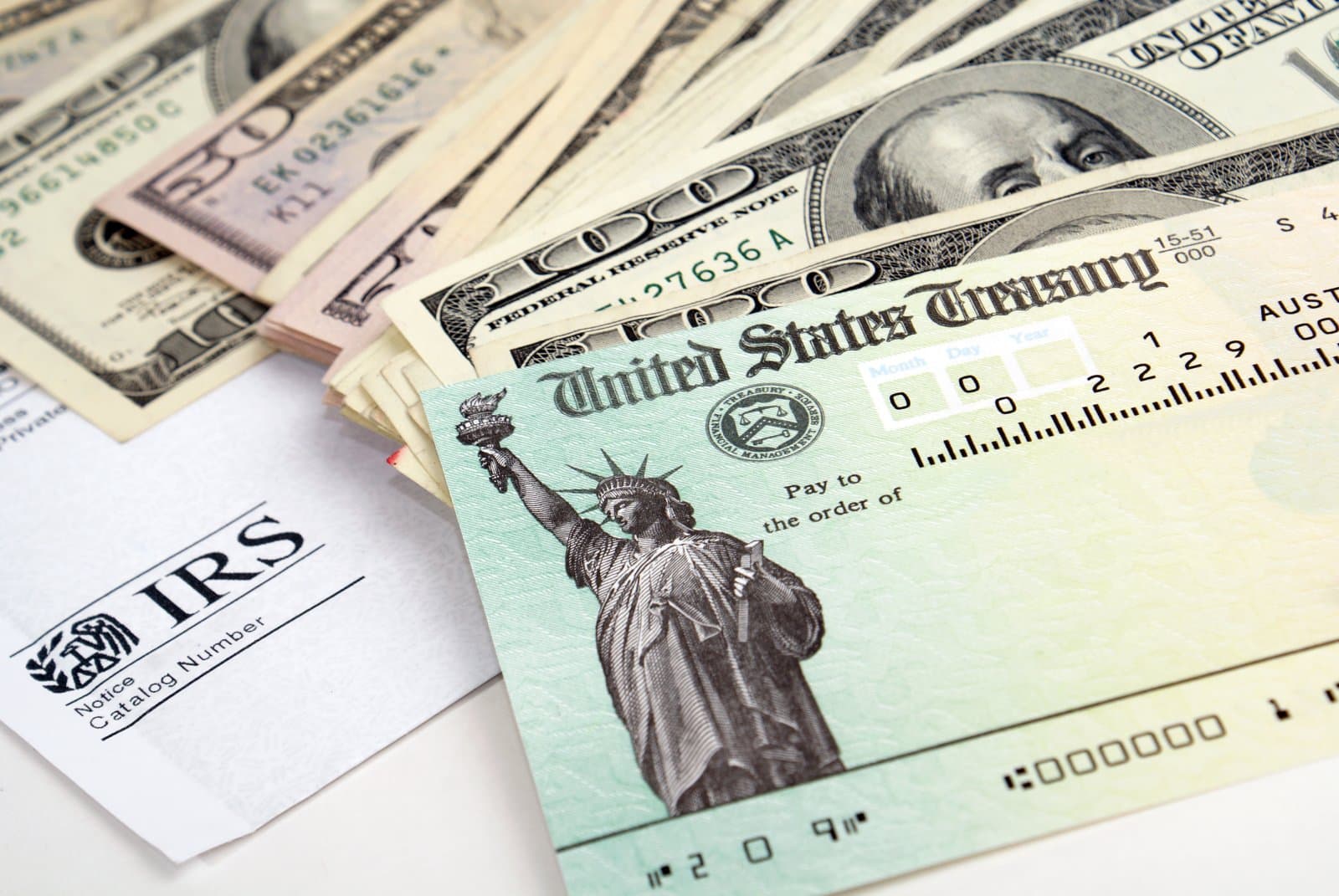
The IRS also announced that anyone who already paid the penalty for overdue taxes during that time period will receive a full refund.
“There is No Need for Taxpayers to Request this Relief”

“There is no need for taxpayers to request this relief,” reads the statement. “The IRS will issue a notice to each eligible taxpayer that reflects the updated amount owed and any refund or credit resulting from the automatic abatement.”
IRS Shares Motivations
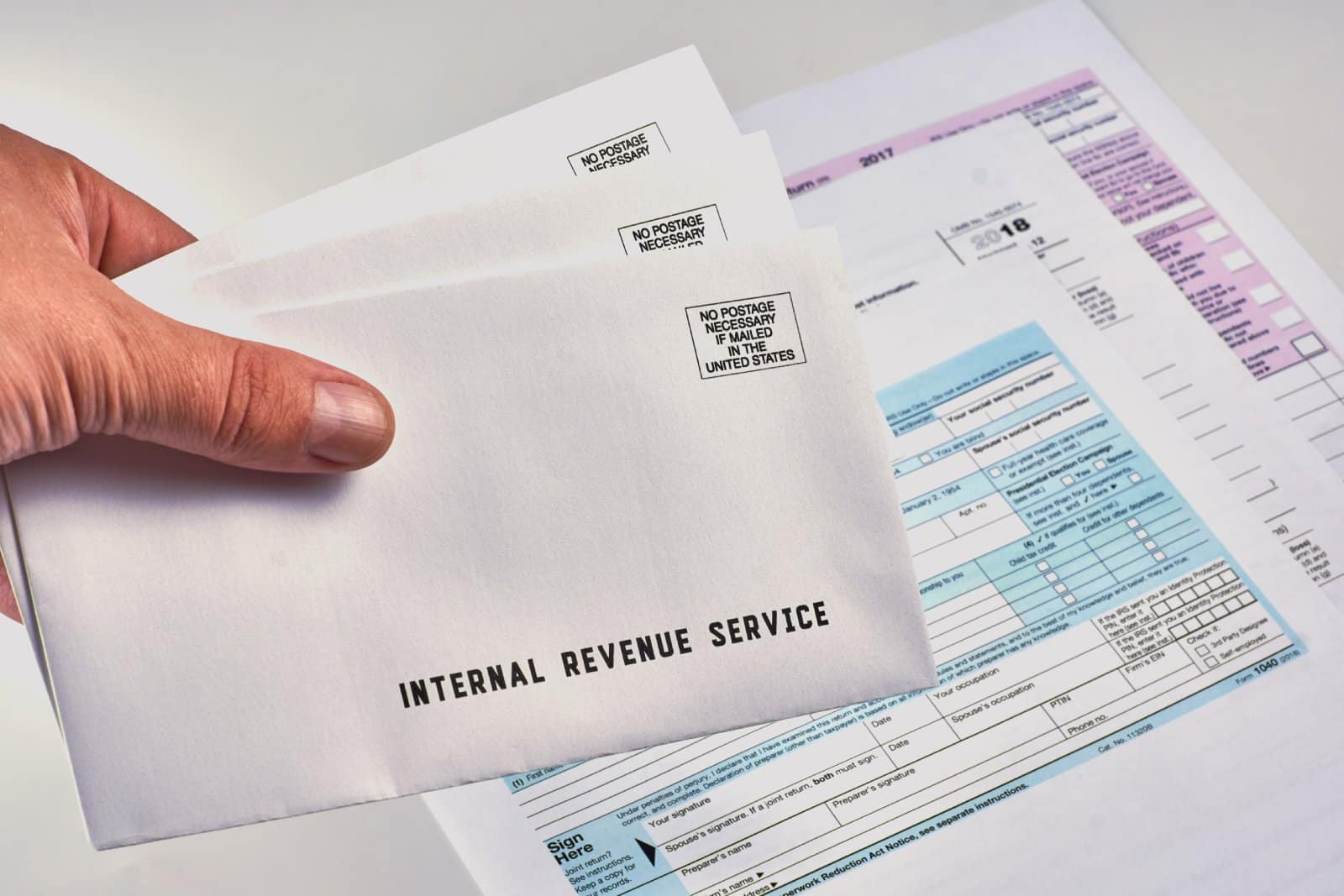
Commissioner Wefel said that the primary concern was that taxpayers would be receiving large bills without having heard from the IRS in over a year.
“We Have Been Concerned About Taxpayers”
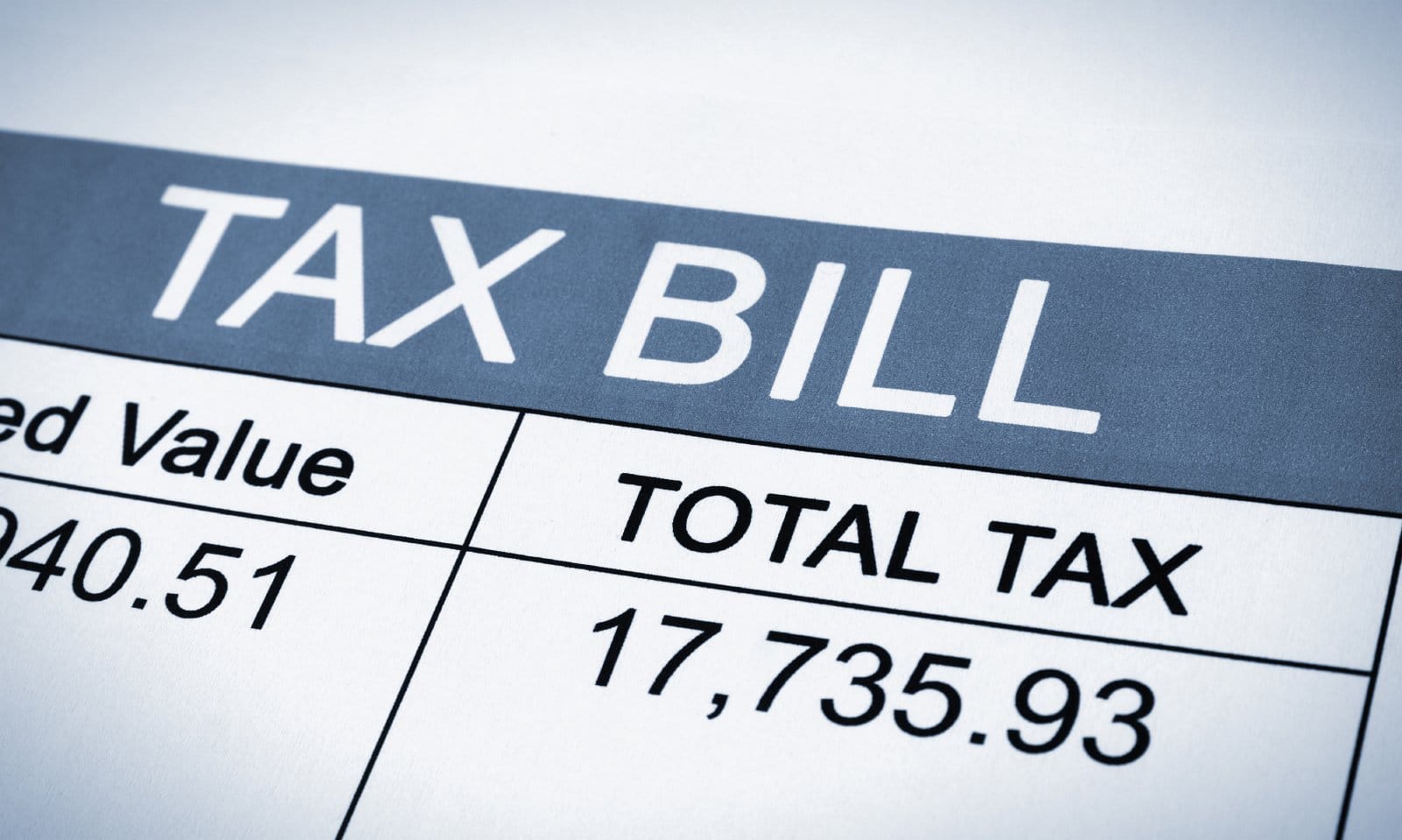
“As the IRS has been preparing to return to normal collection mailings, we have been concerned about taxpayers who haven’t heard from us in a while suddenly getting a larger tax bill,” Werfel said.
“The IRS Should Be Looking Out for Taxpayers”

The IRS should be looking out for taxpayers, and this penalty relief is a common-sense approach to help people in this situation,” he continued.
“We Are Taking Other Steps to Help”
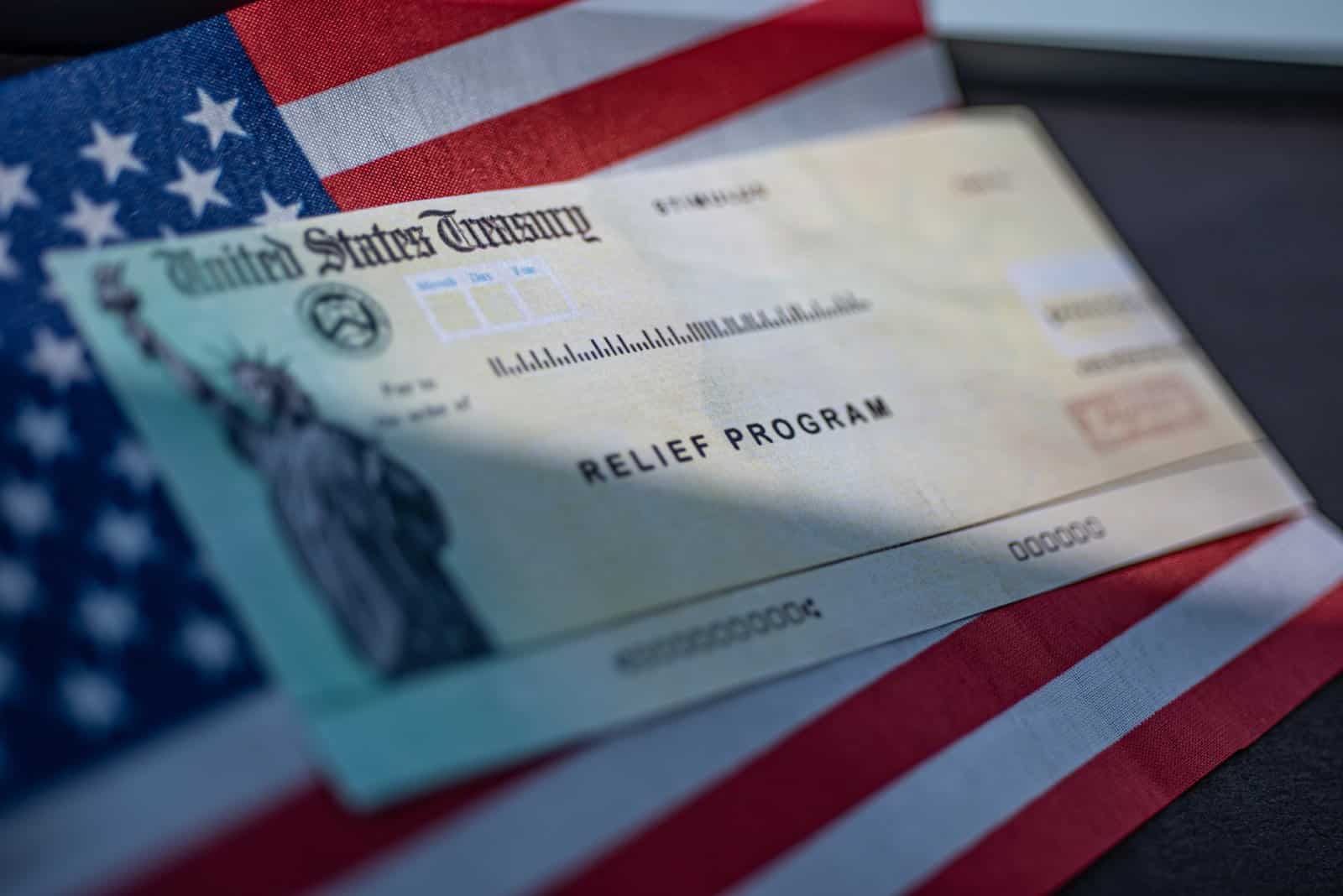
“We are taking other steps to help taxpayers with past-due bills, and we have options to help people struggling to pay.”
Waiver is for Overdue Fees, Not Tax Payments
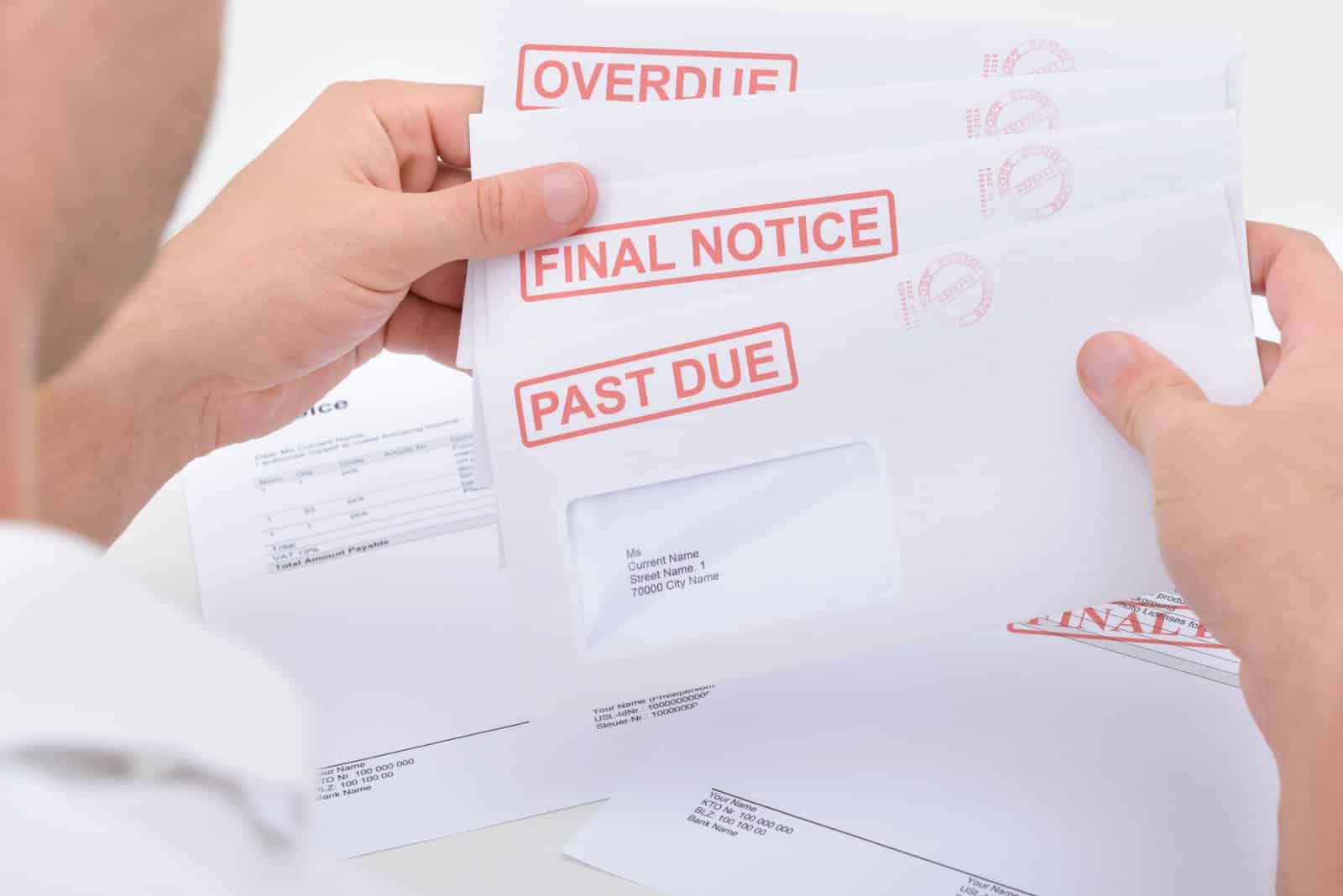
Taxpayers should note that the relief plan does not waive the actual back taxes that are owed; it just applies to the penalties assessed by the IRS for overdue payments.
Ineligible Taxpayers May Have Options
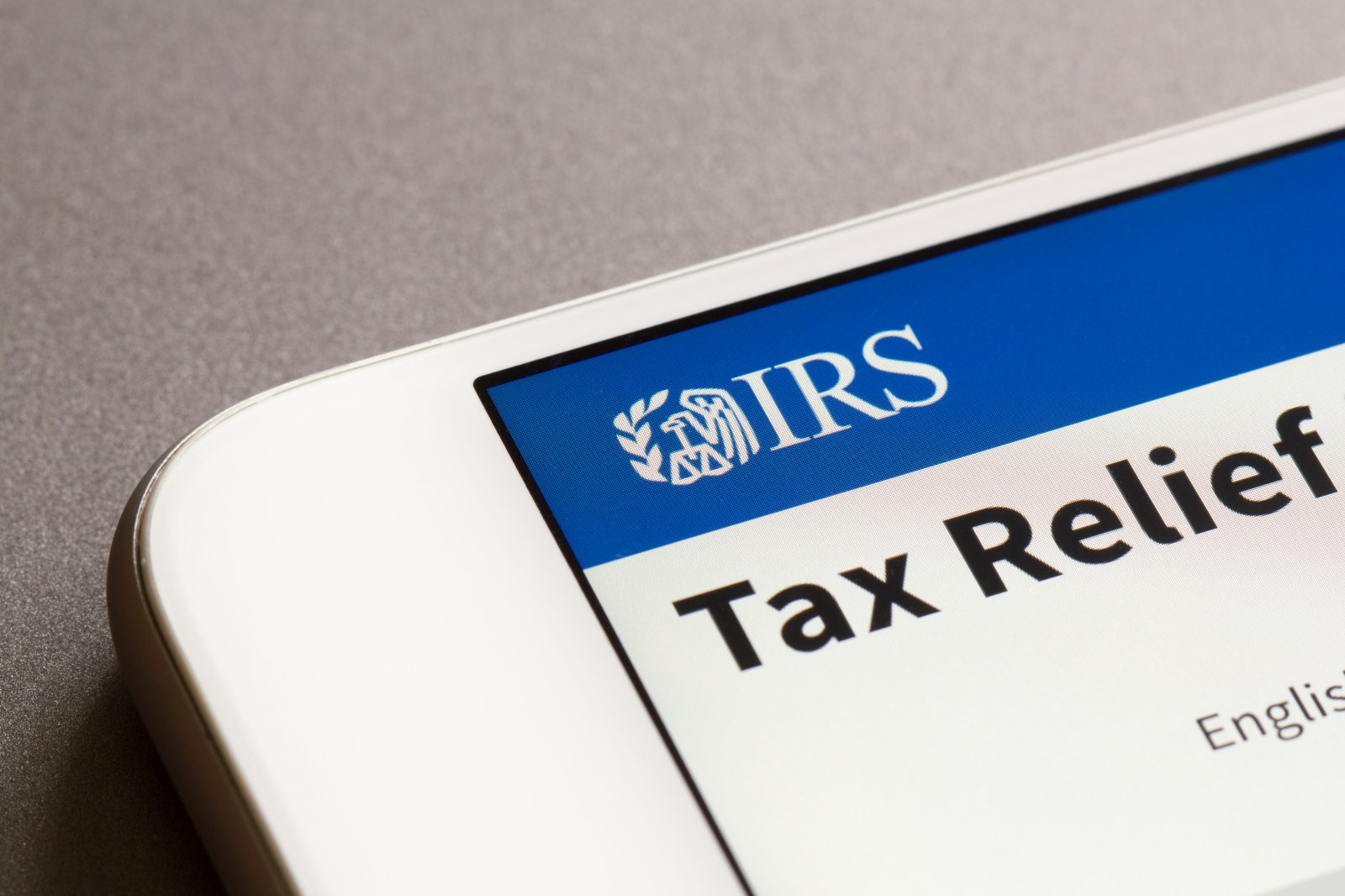
The IRS also stated that people who do not meet the eligibility requirements may have options for some relief, including “existing penalty relief procedures, such as applying for relief under the reasonable cause criteria or the First-Time Abate program.”
The post Taxpayers Get $1 Billion in Relief as IRS Clears Fines first appeared on Thrift My Life.
Featured Image Credit: Shutterstock / Sundry Photography.
The content of this article is for informational purposes only and does not constitute or replace professional financial advice.
